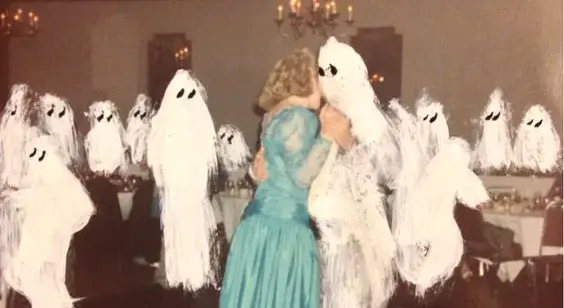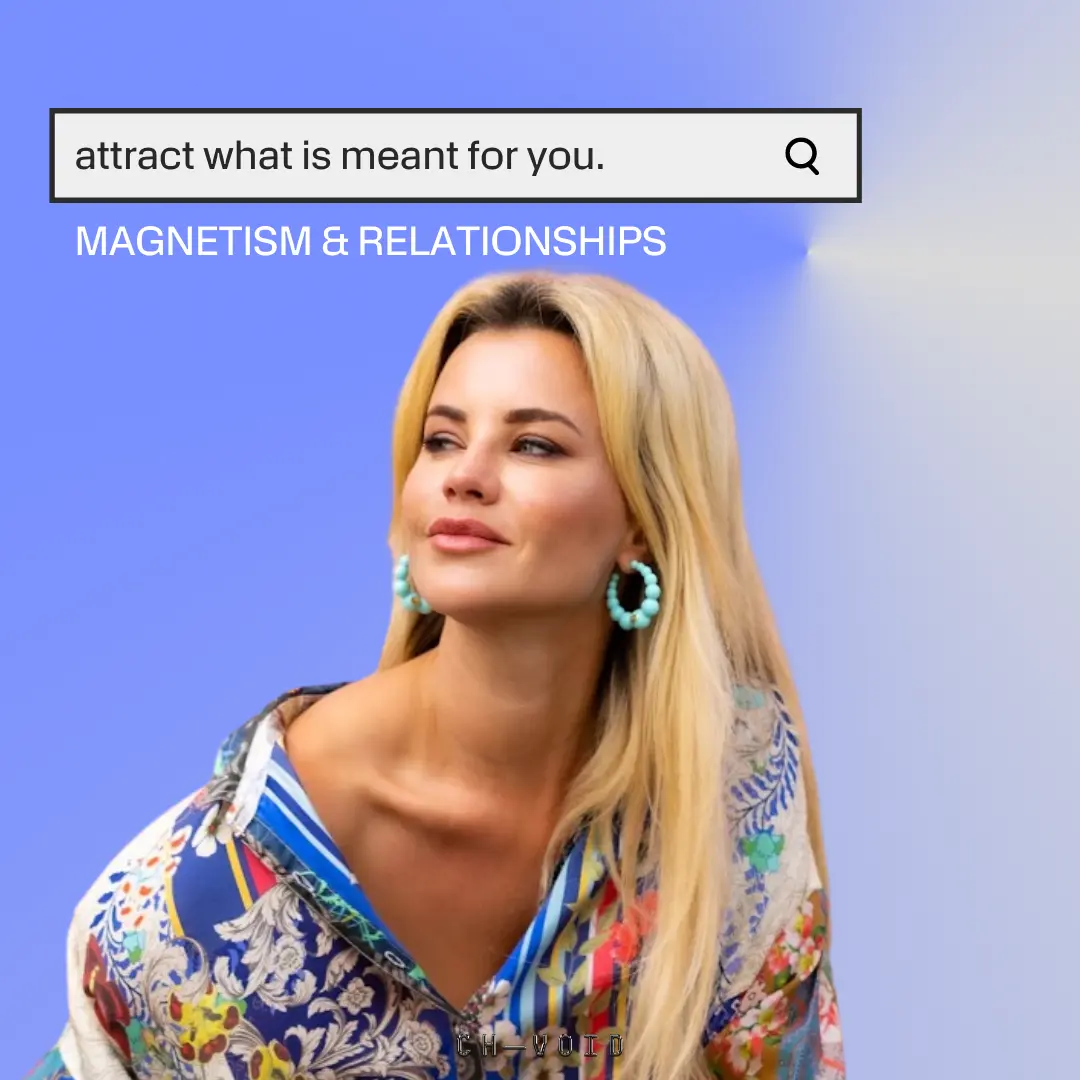HOW TO DEAL WITH A MATE GHOSTING YOU
CONFRONTATION CAN BE DIFFICULT, BUT IF IT’S AS SIMPLE AS A QUICK TEXT, IT MIGHT BE WORTH IT.
“Hey let’s catch up!”
Seen.
Most of us have felt the sting of rejection, whether you missed out on your dream job, your pitch email was ignored or security deemed you too intoxicated to enter the pub. But nothing hurts more than relationship rejection.
Relationship rejection can be delivered in many forms… but in recent years, ‘ghosting’ has become a part of the rejection vernacular. Reserved for those who lack a backbone, ghosting refers to the situation when somebody stops responding without a shred of explanation.
Usually, ghosting is discussed and experienced within the context of romantic relationships, but it can happen in friendships, too—which usually stings even more. When a person you went on a date with ghosts you, it can be easier to justify. They didn’t know the real you or they started speaking to someone else, you tell yourself—but when a genuine (or so you thought) friend ghosts you, it runs much deeper.
To get a better idea of the nuances of friendship ghosting, I spoke to emotionally-focused couple’s therapist, Mukti Jarvis.
“If someone ghosts us, it feels like we’ve been rejected,” Mutki says, “Rejection registers in our nervous system as painfully and strongly as if we had physically suffered an injury. Our brain will send a bunch of natural pain killers to soften this social and emotional rejection. Just the way it would if we had physical pain.” No wonder it hurts so much.
“We’re wired for emotional connection, and we viscerally feel that,” Mukti continued, “In fact, our nervous system is calmed and nurtured by good connections.”
Friends are meant to be able to talk to each other about anything and everything—that’s the point of friendship, so when they are unable to tell you the tea on why they needed to cut ties, it can leave you feeling extremely confused. Mukti offers me some perspective when I put this to her.
“Ideally, in friendships we are up for difficult conversations and [are] willing to work stuff out,” she says, “If [your friend] ghosts you, maybe they aren’t able to do that. They might be conflict-avoidant or avoid close bonds. Sometimes that’s because previous experiences have wired their nervous system to feel anxious if they get close to someone, or perhaps they don’t feel safe enough around you to open up and have the real conversations.”
It can be a real slap in the face when you’re confronted with the possibility that your friend might not be comfortable chatting to you, but Mukti says that it helps to shift your thinking.
“[Instead of] thinking of them as mean and nasty, [see] them as someone who, for whatever reason, isn’t up for those real conversations,” she says, “You want to create relationships with people who can do that with you, and you want to be one of those people that your friends feel safe to have hard conversations with.”
When you’re ghosted, especially by someone who you had a beyond surface-level relationship with, there are plenty of unanswered questions, it seems only natural to want to reach out to them. But Mukti cautions us to pause and ask ourselves why we want to reach out to someone who is clearly ghosting us.
“What are you hoping for?” she asks. “Are you really wanting to reconnect? Or are you wanting to make yourself feel better?
“Unless you really want to reconnect… leave it.”
“Don’t chase after them. This person has withdrawn from the connection. You chasing them down will likely simply fuel their withdrawal and cause you to feel more shame when they don’t reply. Take care of yourself first and foremost.”
While it can be hard to close the door it is vital to your wellbeing. Without closure, you can fall down a rabbit hole of self-loathing or doubt which can start you questioning what happened to make them leave, but Mukti warns against allowing yourself to overthink.
“I don’t think it’s very helpful to pinpoint any particular event that might have triggered somebody ghosting you,” Mukti says, “Focus on the friends where you feel valued and there’s a willingness to work out stuff, or at least the mutual respect and courage to say.”
It’s important to remember that if someone is ghosting you, it is likely on them and it actually doesn’t have anything to do with you. “You want to shift the feeling of rejection and see that they’re doing the best that they’re able to do at this moment—as crappy, painful and disrespectful as that is for you.”
A one-time friend ghost can be a difficult pill to swallow, but if you’re constantly finding yourself at the receiving end of seen messages, Mukti suggests looking inward.
“If you have a tendency to choose friendships with people who disappear when conflict or close connection occurs, [it] might [benefit you to] do some therapy and heal whatever has you unconsciously choosing people who cut you off,” Mukti suggests, “Especially if you’re feeling cynical or bitter.”
With all that being said and done, if you’re feeling as though you need to ghost a friend, Mukti provides some excellent ways to tell them that you want to cut ties with them.
a.) It’s not open for discussion about what happened between us because I don’t feel safe/clear/confident we will have a good outcome. I won’t reply to any further messages. I’m sorry that might be hard.
b.) Hey, I’m not okay with x, y, z, so I’m going to step back from our friendship. Please don’t message me, I probably won’t reply.
c.) I’ve decided I need to go no-contact. I just need to get over us and move on and I’m sorry that might hurt.
At the end of the day, confronting situations with people can be difficult, and you might not think they deserve your time, but if it’s as simple as a quick text, it might be worth it.





















